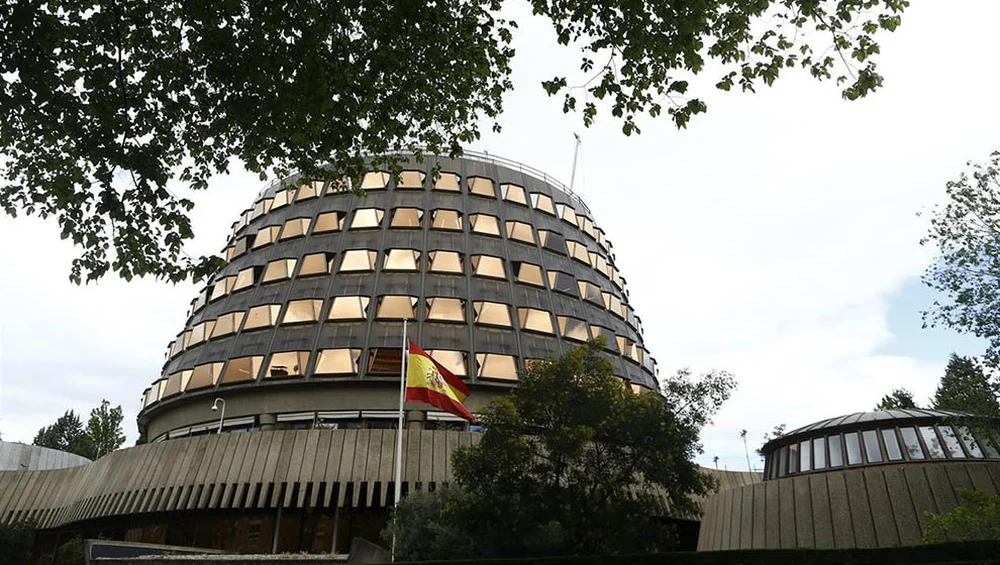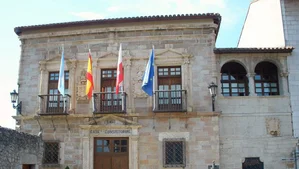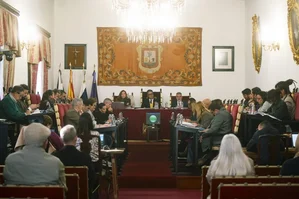Spanish Government to Challenge Repeal of Cantabria's Historical Memory Law

In a significant move, the Spanish Government has decided to challenge the recent repeal of the Law of Historical and Democratic Memory of Cantabria in the Constitutional Court. This decision was announced by Pilar Alegría, the Minister for Education, Vocational Training and Sports, and Government Spokesperson, during a press conference following the Council of Ministers meeting on February 11, 2025.
Background of the Law
The Law of Historical and Democratic Memory of Cantabria, similar to the national Historical Memory Law passed in 2007, aimed to acknowledge and address the crimes committed during the Franco regime. This law was part of a broader effort to recognize the suffering of victims and their families, and to promote historical memory and reconciliation.
The Repeal
The repeal of this law was enacted through the Law of Cantabria 1/2024, a move that has been met with strong opposition from the central government. The Spanish Government views this repeal as a step backward in the country's efforts to confront its past and honor the victims of Franco's dictatorship.
Government's Stance
Minister Pilar Alegría emphasized that the Executive has previously challenged similar repeals, such as the one in Aragon, because both Cantabria and Aragon rejected the possibility of reaching an agreement through dialogue in the Bilateral Cooperation Commission. The government's decision to appeal to the Constitutional Court reflects its commitment to preserving the historical memory laws and ensuring that the country does not forget its tumultuous past.
Historical Context
The Historical Memory Law has been a contentious issue in Spain, particularly since its passage in 2007. It was designed to enforce official recognition of the crimes committed against civilians during Franco's rule and to organize the search for mass graves of those executed during the dictatorship. The law also aimed to remove symbols of the Franco regime from public spaces and to provide reparations to victims and their families.
Political Implications
This move by the Spanish Government is seen as a clash with regional authorities, particularly those aligned with conservative or right-wing ideologies. The political party Vox, for instance, has been vocal about its desire to repeal the Historical Memory Law at the national level, aligning with the sentiments of some regional governments.
International and National Significance
The decision to challenge the repeal is not only significant domestically but also internationally. The Historical Memory Law has been recognized by the United Nations as an important example of progress in protecting natural ecosystems and advancing civil society leadership. The Spanish Government's stance on this issue underscores its commitment to democratic values and the protection of human rights.
In summary, the Spanish Government's decision to appeal the repeal of Cantabria's Historical Memory Law in the Constitutional Court marks a crucial step in the ongoing struggle to preserve Spain's historical memory and honor the victims of its authoritarian past. This move reinforces the government's dedication to upholding democratic principles and ensuring that the country's history is not forgotten or distorted.
Related Stories

Municipalities in Spain Transfer Contracting Competencies to Regional Government
In a bid to enhance efficiency, Spanish municipalities are transferring public contracting competencies to regional governments, aligning with the Digital Spain 2025 agenda for streamlined processes.

Defensor del Pueblo Initiates Investigation into YouTube Channel Complaint by Unidos x Laredo
Spain's Ombudsman investigates a complaint by Unidos x Laredo against a YouTube channel, highlighting the role of the Defensor del Pueblo in protecting rights.

Spanish Government Faces Setback as Congress Rejects Omnibus Decree, Impacting Pensions and Transport Subsidies
Spanish government's key decree on pensions and transport subsidies rejected by Congress, impacting millions and sparking political fallout.

La Laguna City Council Approves €226 Million Budget for 2025
La Laguna City Council approves a €226 million budget for 2025, focusing on infrastructure, social programs, and cultural events to enhance city life.

Free Parking Proposal for Residents in Specific Zones Gains Traction in Spain
Spain's Izquierda Unida proposes free parking for residents in specific zones, aiming to ease urban living costs and align with EU's sustainable mobility goals.